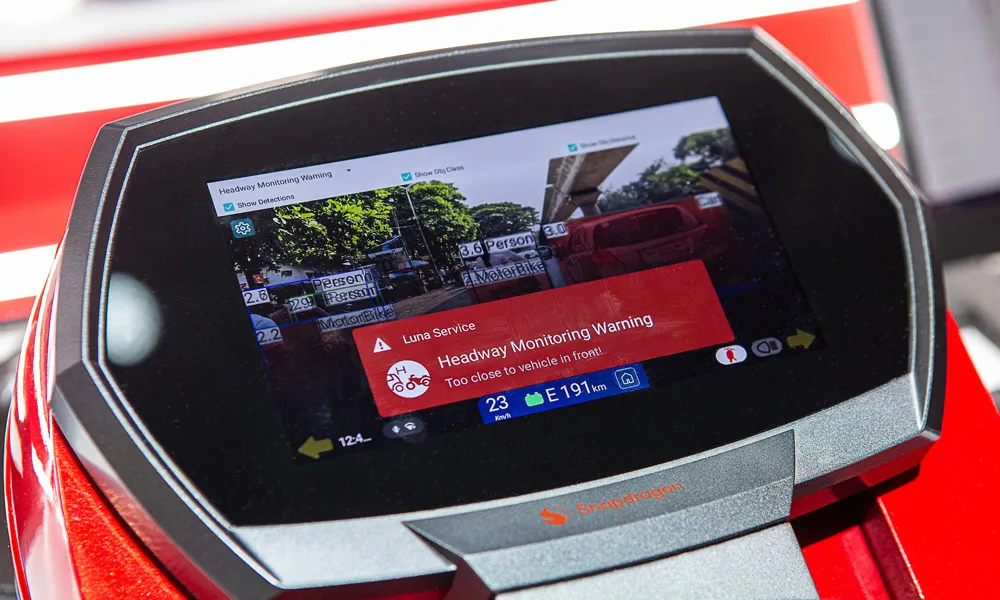Ford is investing an additional US$4.5 billion in electrified vehicle solutions, adding 13 new electrified vehicles to its portfolio by 2020, when more than 40 per cent of the company’s global brands will come in electrified versions. This represents Ford’s largest-ever electrified vehicle investment in a five-year period.
On the way next year is a new Focus Electric, which features all-new DC fast-charge capability delivering an 80 percent charge in an estimated 30 minutes and projected 100-mile range
December 14, 2015
Read time: 2 mins
On the way next year is a new Focus Electric, which features all-new DC fast-charge capability delivering an 80 percent charge in an estimated 30 minutes and projected 100-mile range – an estimated two hours faster than today’s Focus Electric.
Ford says its shift to add electrified vehicle solutions answers increasing global trends calling for cleaner, more efficient vehicles.
Ford is also redefining how future vehicles are created, moving from a features-based product development to a customer-experience-led process, applying insights from social scientists investing in social science-based research globally, observing how consumers interact with vehicles and gaining new insights into the cognitive, social, cultural, technological and economic nuances that affect product design.
“The challenge going forward isn’t who provides the most technology in a vehicle but who best organises that technology in a way that most excites and delights people,” said Raj Nair, executive vice president, Product Development. “By observing consumers, we can better understand which features and strengths users truly use and value and create even better experiences for them going forward.
“As both an auto and a mobility company, we at Ford are going further than just designing the product to move people from point A to point B,” Nair said. “We are considering the way customers interact with our vehicles as a unified experience, looking for ways to excite and delight customers and make their lives better.”







